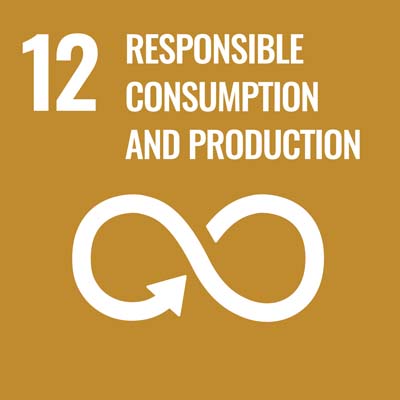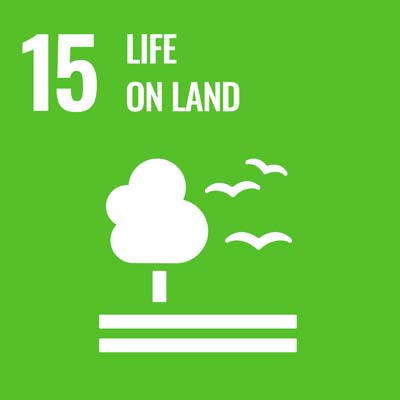This project for the Department for Environment, Food and Rural Affairs (Defra) provided an evidence review of agroecological and regenerative farming systems, characterised agroecological farming research capability in the UK and explored the role of “living lab” trial networks.
Key Facts
- A review of definitions highlights that organic farming places strong restrictions on inputs, agroecological analyses often focuses on principles and regenerative farming typically emphasises the enhancement of soil health and biodiversity at a farm-scale.
- Our review of 16 agroecological/regenerative practices showed that they generally increased soil and biomass carbon and biodiversity at the farm-scale.
- The effect on yields, product values and input costs depend on the practice and effects on greenhouse gas emissions are often unclear. Hence, in most cases, farmers will need to balance trade-offs.
- Regenerative farming practices can be encouraged by using “Living Lab” networks to facilitate knowledge exchange and collaboration in real settings.
- Funded by Department for Environment, Food a Rural Affairs (Defra)
Impact of our research
Farmers and advisors can benefit from this research which summarises the established effects of 16 regenerative practices on food production, soil and biomass carbon, biodiversity, costs and greenhouse gas emissions at field- and farm-scale relative to stated baselines.
Researchers can focus research on identified knowledge gaps.
Planners can benefit from our analysis of modelling frameworks which could be used to understand agroecological systems in the UK.
Because agroecological systems tend to focus on the reduction of input use, farm advice cannot be readily financed through the sale and purchase of products such as fertilisers, agrochemicals, and feeds. Hence, different models are needed. The project proposes that funding of “Living Labs” could create the collaborations, capacity and evidence needed to expand agroecological farming systems.
Why the research was commissioned
Defra commissioned the research to compare the impacts of agroecological or regenerative farming practices (including organic) with conventional specialist farming. Defra also wanted to know the existing capability in the UK to model these impacts at farm, regional and national scales. The third part of the project sought to understand existing UK research into agroecological practices and the potential role of a "living labs" approach.
Why Cranfield?
To deliver this project, Cranfield worked in partnership with the UK Centre for Ecology and Hydrology (UKCEH) and we are thankful for those who, through surveys and workshops, shared their expertise and experience. Different researchers within the project brought complementary skills ranging from social to natural science and from modelling to reviewing and synthesising published research.
Publications
The reports for each work-package and a final project report are available from the Defra website.






